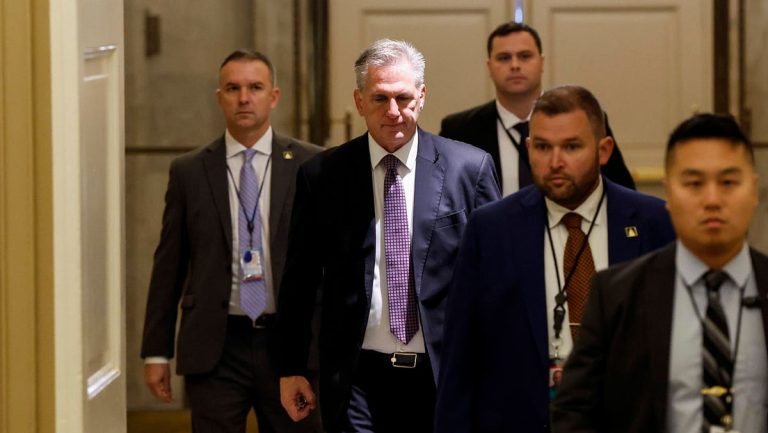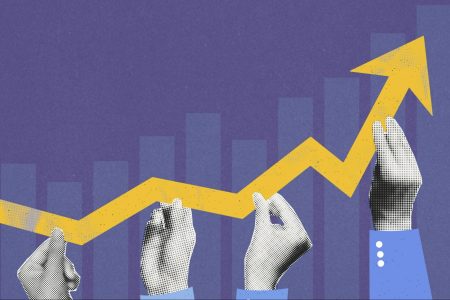Observant investors are often on the lookout for potential market disruptions. One recurring event causing concern is a U.S. government shutdown. In fact, the U.S. Congress has the nation on track for yet another one, which could be triggered on October 1st, barring any last-minute deals.
A government shutdown occurs when the U.S. Congress fails to pass, or the President of the United States refuses to sign, legislation funding government operations and agencies. In such cases, the government ceases providing all but “essential” services. This can lead to the furlough of several hundreds of thousands of federal government employees; it can also affect various sectors depending on the length of the shutdown.
With that said, despite the fear and alarm rippling out around this looming issue, the historical record shows that government shutdowns generally have a limited impact on the financial markets.
Previous Government Shutdowns
Since 1970, Congressional funding of government operations has lapsed 20 times, leading to various degrees of federal shutdowns. However, it wasn’t until post-1980 that these lapses started, resulting in significant shutdowns.
The Attorney General at the time, Benjamin Civiletti, called for a stricter interpretation of the Antideficiency Act, a law that bars government agencies from spending more than the amount allocated by Congress. This led to government agencies ceasing operations during funding gaps, resulting in 10 shutdowns since 1982.
The most extended shutdown on record happened at the end of 2018, lasting 34 days. However, it’s important to note that such shutdowns don’t always mean a complete halt to all governmental functions. “Essential” services, often including military and law enforcement roles involved in protecting life and property, continue to operate.
Government Shutdowns And The Stock Market
Despite the drama that government shutdowns can bring, historically, they have had little correlation with market returns. Over half of the funding gaps and shutdowns have resulted in positive returns in the S&P 500.
When looking at market returns over the weeks leading up to, and after a shutdown a similar mixed basket of outcomes can be seen with S&P 500 returns, indicating little to no correlation of market returns to government shutdowns.
For instance, the longest shutdown so far — the 34-day shutdown in 2018 into 2019 — saw returns of over 9% in the market. However, this strong return occurred during a bear market recovery following the Federal Reserve’s decision to reverse course on interest rate hikes. This suggests that market returns during shutdowns are driven more by underlying economic conditions and general market momentum than the shutdowns themselves.
Should Investors Worry About Government Shutdowns?
Based on historical evidence, government shutdowns tend to be more political events rather than economic ones. They are typically seen as temporary disruptions that do not significantly affect the broader economy or financial markets. Even during shutdowns, previously approved spending legislation continues, lessening the potential impact on the economy.
The best course of action for investors during a government shutdown is often to stay the course. Market performance during such periods seems to be more influenced by broader economic factors rather than the shutdowns themselves. As such, investors should not hastily alter their investment strategies or significantly adjust their portfolios based on a potential or ongoing shutdown.
While government shutdowns can create a temporary state of uncertainty, historical evidence suggests they have not been a catalyst for significant market events. Therefore, investors should view such episodes as political noise rather than a cause for alarm. Staying focused on long-term investment goals and strategies is crucial, rather than reacting to short-term political events. In other words, keep calm and carry on.
Read the full article here









